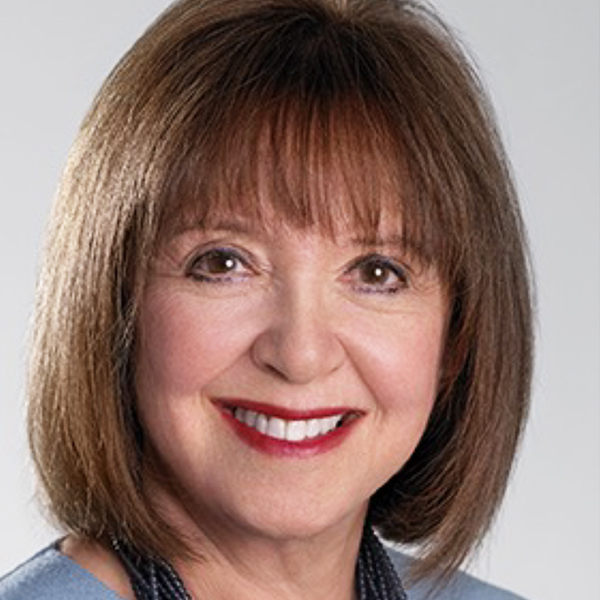
The elderly patient in Dr. Jodi Sonshine’s family practice office worried her. His daughter had brought him in when she noticed his red and swollen lower leg. Dr. Sonshine recognized her patient needed an urgent assessment.
“Of course, it was a Friday afternoon,” she remembers. “The emergency department was going to be packed and because he was so frail, with several co-morbidities, I did not want him sitting there for hours, in pain and vulnerable to all the viruses there.”
With one phone call, she reached a program called SCOPE (Seamless Care Optimizing the Patient Experience) which had a site within her hospital. Within three hours of leaving Dr. Sonshine’s office, the patient had undergone an ultrasound, the radiologist on call had conveyed the results of the report to Dr. Sonshine, and the patient was in hospital being treated for Deep Vein Thrombosis.
“It was seamless in every way,” she says. “His family members were so impressed and very, very relieved.”
When the SCOPE program expanded into North York in December 2021, Dr. Sonshine was not familiar with it. Today, she is the primary care co-lead of the North York Hospital site, familiarizing other family physicians in the community with the advantages of registering with SCOPE.
With its live navigation and rapid access to virtual team-based resources, the program is addressing some of the biggest pain points in family physicians' daily lives – isolation, lack of collaboration and administrative burden, she says.
"Complete Network of Support”
Dr. Pauline Pariser, a family physician and the primary architect of the SCOPE program, has dedicated herself to building and growing what she calls “a complete network of support” for Ontario physicians.

The need is evident. Primary care physicians can spend hours fruitlessly searching for specialized support for their patients. The challenge, she says, is that while primary care serves as the access point for other services, it is not well integrated with hospital and other community resources.
Even determining the right person to refer your patient to has become increasingly difficult as specialists have become more subspecialized and networks more depersonalized, said Dr. Pariser.
That's why SCOPE, which is now being funded by the provincial government, has focused on ways to strengthen collaboration to create more seamless care between primary care, specialists and community health services.
SCOPE launched in 2012 in downtown Toronto to respond to a projected increase in a population at risk for repeated Emergency Department (ED) visits and hospital admissions. A dozen years later, 3200 primary care providers in Ontario have signed up as it has expanded to 18 sites across the province, including most recently Muskoka, Kitchener-Waterloo, Mississauga, the Kawehnoke Medical Clinic in Akwesasne and Durham Region.
The program is addressing some of the biggest pain points in family physicians' daily lives – isolation, lack of collaboration, and administrative burden.
SCOPE offers a single access point to several core services at all sites – internal medicine, medical imaging and home and community care services coordination. The most frequently used service is the Nurse-Navigator who, generally, is embedded in the local hospital. These navigators make dozens of connections within their hospitals and in their communities on behalf of the primary care professionals registered with the program. Nurse-Navigators – notable for “following up and following through” – can make a family physician’s day significantly less stressful.
Dr. Matthew Baron, a family physician, says his site’s Nurse-Navigator – located within Humber River Health – was invaluable when he was unable to get an appointment confirmation for a patient who needed a colonoscopy after a fecal immunochemical test came back with abnormal results.
His own staff had already made phone calls and sent faxes with no luck. Recognizing time was of the essence, he reached out to the Nurse-Navigator. By the end of the day, the patient's colonoscopy was scheduled and confirmed.
Avoiding ED Visits
Only in the program for two years, Dr. Baron says he has been able to arrange immediate care for upwards of a dozen patients instead of having them wait needlessly in the ED. He has had a same day CT scan performed on one patient who had a bad fall. And he has had other patients assessed by an internal medicine specialist within hours of his initial call.
Dr. Pariser states that 45-50 percent of the patients referred to SCOPE would have ended up in the ED if not for SCOPE assistance.
“For me, it’s the peace of mind it provides," said Dr. Baron. “Knowing that my patients are being seen in a very timely way and that it is not all on my shoulders is just an indescribable relief."
Impact of SCOPE
*as of October 4, 2024












